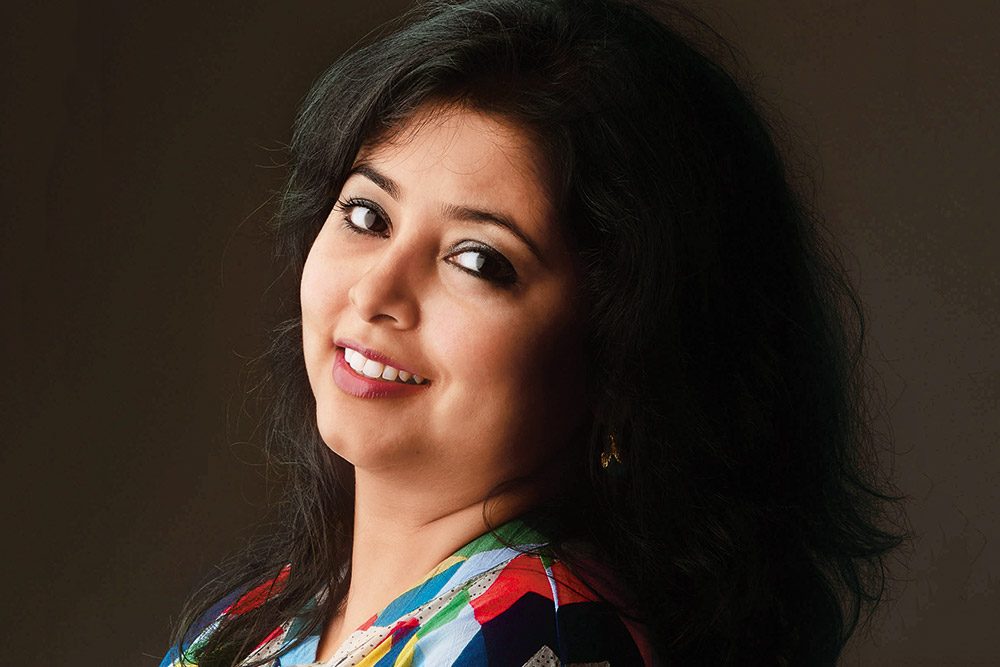The Jewish Barber is hustled to the stage in the final scene of Charlie Chaplin’s The Great Dictator to take the place of his doppelganger. Chaplin, the Barber, delivers a five-minute speech, arguably one of English cinema’s most iconic dramatic monologues. Eighty years since that film, Chaplin’s speech rings truer today than ever before. “Greed has poisoned men's souls, has barricaded the world with hate, has goose-stepped us into misery and bloodshed. We have developed speed, but we have shut ourselves in. Machinery that gives us abundance has left us in want…”. As Chaplin exhorts the world to keep faith in democracy, optimistic that civility and peace would return, he foresaw the many dictators who came much after his time. But understandably, he could not factor in the power of technology that would define our post-truth world in the 21st century.
The ‘machinery’ today defines the ‘speed’ of our lives, all wrapped in layers of data, AI and algorithms where codes know more about us than we do. The Big Tech companies and their social media siblings are constantly engineering new ways to find answers to one elusive question: What do we want next as consumers?
But beyond the postmodernist interpretation of technology and greed, in the Big Tech companies lies our new sunrise. They hire the brightest and the most innovative minds. With billions of dollars in revenue and trillion of dollars in market valuation, these companies have the resources to use data-led insights to uplift the human lot. Through their innovations, they offer technological solutions to those in the farthest corners, to the ones whom the providence of economic growth has overlooked.
As India leaders of Big Tech companies chat exclusively with Outlook Business, many examples emerge.
While Amazon’s Amit Agarwal elaborates how technology has been used as a lever to drive equity in his company’s India operations, Microsoft India President Anant Maheshwari talks about how his company uses AI to predict cyclone damage along coastal Odisha. We also have stories of IBM driving financial inclusion in large swathes of unbanked India by powering our BFSI sector and how Facebook uplifted a girl from Kanpur and put her on the gaming highway as part of its ethos of connecting people and communities.
They have the power to help citizens truly strengthen the wheels of democracy and wipe out memories of technology being weaponised.
But, as we stand at an important crossroad in human civilization, is it time for the Big Tech companies to make Dr. Frankenstein and his creation irrelevant forever?
Therein lies the hope of a dawn that Chaplin’s Barber and his love, Hannah, get to see at the end of the film.











